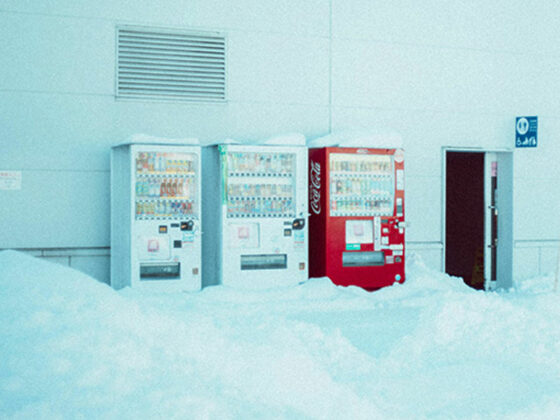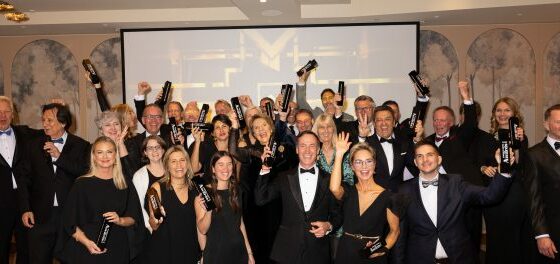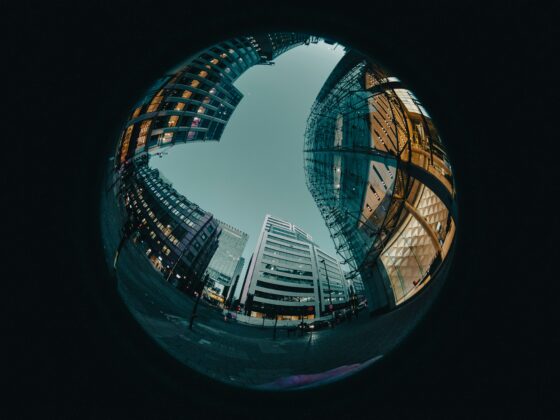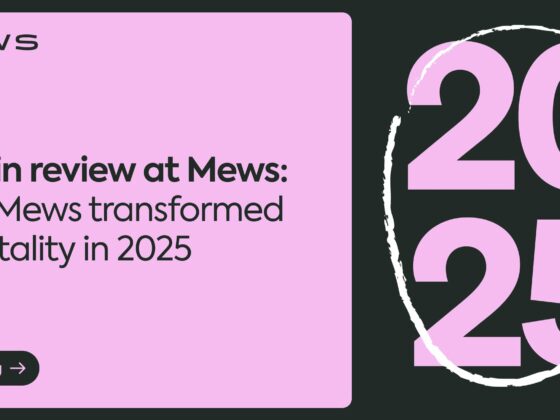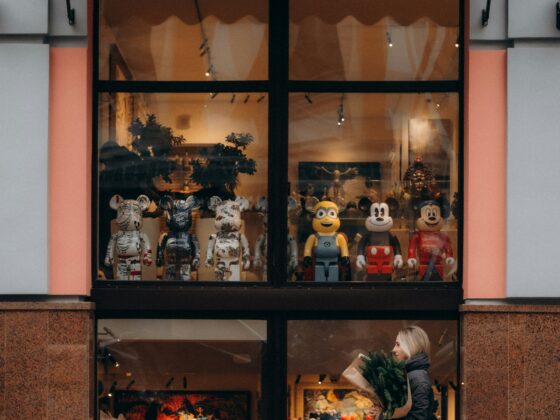
Hotel Property Management Groups (PMGs) have been a pillar of the hospitality business for decades. They bring expertise, operational efficiencies, and the greatest gift of all — taking on the day-to-day operational challenges of running a hotel.
However, if you have been reading the headlines, you can sense that trouble is brewing in the PMG world. Some of the largest hotel management firms are struggling to stay afloat and cannot seem to hold on to the assets in their portfolio. There are internal and external conflicts, and even lawsuits being filed over things like intellectual property. These issues highlight how fragile the hotel-PMG relationship has become.
Disappointed owners and investment groups are firing and replacing PMGs at a pace we have never seen before. What’s going on here? Let’s start by looking where trouble usually starts: poor decisions coming from the top. The consequences of decisions made by PMG execs trickle all the way down to the frontline staff of a hotel and end up reflecting in the guest experience.
Specifically, PMGs are failing to meet expectations on two fronts:
Guests: Service and Experience
Owners: Revenue and Profits
A perfect storm has been brewing for a while, making it harder for PMGs to be effective and profitable. The key components of this storm are:
- The Modern Traveler
- Economic Pressures
- Commercial Optimization Challenges
The Modern Traveler
Post pandemic, we saw a big shift in how people travel and how they use their discretionary income. The loyalty point chasers are still out there, but most people are looking for a seamless digital experience, a local connection and a memorable stay. Hotels that integrate local/neighborhood activities and culture into their marketing and operations are doing very well. The traditional PMG model of standardizing services and rolling them out across a diverse hotel portfolio is not working as well. This disconnect is hitting PMGs the hardest. The practice of “boutique washing” a hotel is not connecting with guests. Industry legend Bashar Wali’s article about “Faux Tique” hotels is a must-read.
Today’s guests want:
- Personalization: They want to be recognized as individuals. Personalization requires sophisticated guest data management and tailored service delivery, which (to further complicate things) varies by location and guest type. This kind of approach is very resource-intensive and hard to implement on a large scale, especially if you are managing hotels in different locations.
- Digital Experiences: Guests expect seamless integration of technology, from the beginning of their booking process to the end of their hotel stay. They want to use smart devices and phones to book online, manage their reservations, check-in/out, manage their smart room controls, etc. They feel the need…the need for speed. However, unlike Tom Cruise in Top Gun, their need for speed is all about their WiFi connection.
- Unique Experiences: The rise of lifestyle/boutique hotels and alternative accommodations has shifted consumer preferences toward unique, localized experiences. PMGs will have to innovate and diversify their offerings to compete, making their standardized service models obsolete.
Economic Pressures
Economic factors also threaten the profitability of PMGs and their managed hotel assets. Here are the top three external elements affecting PMGs.
- Global Economic Fluctuations: The hospitality industry is highly sensitive to economic cycles, and there have been some big ones: the global pandemic shutdown, global reopening, revenge travel, election year, armed conflicts, and now the current softness. This has all happened in just five years! PMGs are facing these challenges across a collection of hotels in multiple geo locations, and sometime even in international markets.
- Rising Operational Costs: The costs of labor, utilities, and supplies are rapidly increasing. In addition, the need to invest in new technologies and upgrade facilities to meet modern standards is further adding to the financial burden.
- Increasing Competition: The proliferation of alternative accommodation options, such as vacation rentals, soft brands and home-sharing platforms, has intensified competition in the hospitality industry. Professionally self-managed hotels are providing value and experiences at a much lower cost and stealing market share from mass-managed assets. There was a time when a PMG offered cost advantages. Today, with all the new affordable technology, an independent hotel can run circles around a hotel management company in terms of cost by using tools that don’t have participation hurdles. Service levels may be lower, but a P&L with reduced cost is always a thing of beauty.
Commercial Optimization Challenges
This is the area where I have personally seen the biggest change in the past few years. Revenue Management and Digital Marketing have been democratized. They no longer belong to the elite and well-connected. Any independent hotel in the world can now gain access to information, tools and talent that replace what a PMG can offer. It’s amazing how quickly a hotel asset can take off once dedicated revenue management and digital marketing support are provided.
There are still some big challenges to consider. These are the top items that will damage your hotel’s commercial strategy when you scale but forget to innovate:
- The Silo Problem: The silos of Revenue, Sales, and Marketing not only exist, but are in fact getting taller in some hotel management companies. I started talking about breaking the hotel silos at industry events back in 2016. That was over seven years ago! It is a little depressing to see so many PMGs still running their commercial teams in silos. Big brands were never expected to change, but it’s surprising to see that some of the the younger PMGs are still not embracing integrated commercial operations.
- The RMS Problem: Brand hotels don’t have Revenue Management Software (RMS) options; they are trapped in long-term contracts with preferred vendors. However, an independent hotel sticking with outdated revenue systems is like a tourist going to Spain and exclusively dining at McDonald’s. There are some fantastic companies out there selling revenue and marketing software that was not designed in the early 90s. It’s worth taking the time to find out which system is the best match for your property and location.
- The Digital Problem: Same as above: you cannot optimize your digital experience using an outdated tech stack. If your booking engine has not upgraded its mobile booking experience in 8+ years, you should not be using it. Likewise, your online marketing budgets, spending strategy and goals need to be customized for your location and not limited to an MSA you have signed with an agency to save costs. The ROI-obsessed PMG models are tanking hotels located in super-competitive markets. Owners are cheating themselves out of market share because nobody has taken the time to evaluate their digital marketing needs. Add to this a one size fits all vendor to cut costs, and the result is nothing short of a disaster. It is so much easier to complain about the OTAs… who are actually striving to offer guests a seamless experience across screens and locations.
- The Meeting Problem: If you have not read this, then please do! Find out how meetings are ruining the hotel business. I’ve seen hotels managed by PMGs that are dying in the market but still having a daily revenue meeting…it happens more than you think!
In the end, Revenue, Sales, and Marketing all end up doing their thing using their old timey corporate tools. They have endless meetings with zero positive output. When the hotel does not meet its revenue targets, they have another meeting to assign blame. In the end, nothing really changes, and just like that another year starts again.
Owners and investors are starting to realize there are better options out there. Mediocrity can thrive as long as nobody notices. Once you see it, you have to do something about it.
One Metric to Rule Them All
Owners are waking up to a new P&L reality. Even when revenue is up, so is the cost of doing business. You can analyze STR reports all day and night, but at the end of the day, you don’t deposit ADRs and Rev Par’s into the bank. It is all about the Net Operating Income, and that metric is really under pressure these days… you know, the kind of pressure Queen and Bowie would write a song about.
Net Operating Income (NOI) shows the profitability of income-generating real estate investments like hotels:
NOI = Total Revenue – Necessary Operating Expenses
NOI is a before-income-tax figure on a property’s income and cash flow statement that excludes principal and interest payments on loans, capital expenditures, depreciation, and amortization. Hotels are a real estate business. Yes, hospitality involves a lot of passion and creativity; but at the end of the day, you have to generate NOI. This is where owners are catching a lot of PMGs asleep at the wheel. So if I had to pick one thing that is sinking the property management party boat, it has to be failure to generate a suitable NOI for the asset.
Conclusion
Hotel management companies are navigating a complex and rapidly evolving landscape. While the challenges are significant, they also present opportunities for innovation, differentiation, and growth. By embracing technology, creating personalized and unique experiences for guests, and customizing commercial strategy for individual hotels, PMGs can overcome these challenges and begin to thrive again. The future of hotel management will be defined by those companies that can effectively balance these demands. They must continuously evolve to meet the needs of the modern traveler, while providing the necessary income to keep assets profitable.



